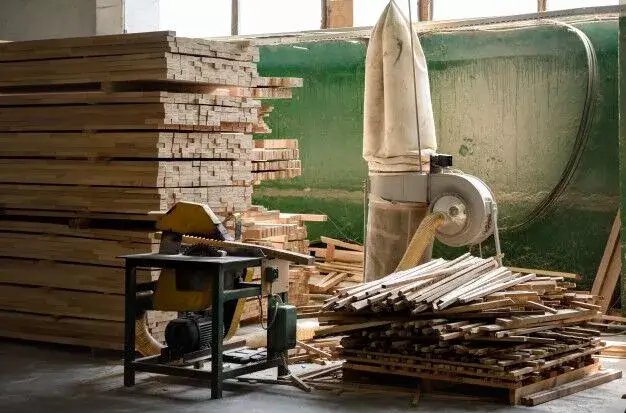Protecting Forests from Interfering Species
At Pallet Management Group, we are dedicated to the environment and sustainable practices in the wood packaging materials (WPM) industry. That is why we specialize in recycled and refurbished wood pallets, which are both environmentally sound and up to the most demanding of industry standards.
Also Read: Forest Fires
Yet, we must recognize that the Canadian forestry industry is part of a more connected global market. When you are shipping across the continent or very well across oceans, this vast network of interconnected and interdependent workers and partners has an extraordinary wealth of possibility and growth. But these increases in exchange over vast distances also come with genuine dangers to the Canadian ecosystem and the
global environment as a whole.
The most obvious threat is climate change: that is why we provide recycled wood pallets, which have a significantly lower carbon footprint than new or plastic pallets. There are, however, other issues to consider when engaging in sustainable shipping and storage practices, namely that of invasive species. One particular new arrival in Canada is the emerald ash borer. This beetle (distinct from the mountain pine beetle) originates in Asia and has been curbing the use and sale of firewood in Quebec and Ontario. Its larvae bore into the soft bark of the ash tree and can be extremely hard to eliminate once an infestation has occurred. Prevention is the best method in this and all cases.
The WPM industry is regulated at the highest level by the United Nations via the Food and Agriculture Organization (FAO). According to the Canadian Food Inspection Agency, the specific FAO ruling on WMP anti-invasive species measures is the International Standards for Phytosanitary Measures, or ISPM-15. We at Pallet Management Group wholly favour ISPM-15 and its recommendations for all wood shipping and storing methods. The FAO recommends various procedures and protocols to curb and quarantine the spread of invasive species, mainly through wood pallets.
The requirements for goods coming into Canada vary depending on the country of origin. The only wood packaging materials exempt from these rules are 100% processed wooden materials, such as plywood. So, everything we buy and sell at Pallet Management Group must be treated to comply with and ensure the longevity of Canadian forests.
Though there are a few options for treating wood pallets to prevent the spread of common pests and invasive species, heat treatment remains the most effective and environmentally conscious, as it deals with fewer harsh chemicals. All our new and recycled pallets are heat treated, and we have been proudly ISPM-15 certified for over ten years. Whether you’re looking for sustainably new, recycled or reclaimed wooden pallets, when you come to Pallet Management Group, you can expect lasting quality, environmental consciousness, and complete heat treatment to eliminate any possible pests and invasive species.
If you have any questions about heat treating or any other service we offer, contact Pallet Management Group today.






